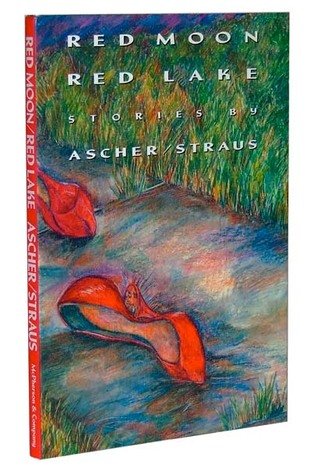Books I Read June 5th, 2022
It's been a busy few weeks, hence the lack of updates and small number of books read. I suspect the weeks to come might be even slower in terms of reading, I've got some other stuff going on, you will just have to get your brief, usually profane encapsulations of obscure foreign novels from someone else for a while.
The Books of Jacob by Olga Tokarczuk – A thousand page panorama of a sect of apostate Jews in Central Europe in the early days of the enlightenment. It's...OK? Tokarczuk is a decent writer but the huge case of characters never really felt memorable or lively to me, and thematically it felt a little like contemporary literature Bingo – who had magical realism, the dual-monarchy, multiple POV's written in different styles...Congratulations, you won the Nobel!' I guess what I'm saying is, if for some reason you care what a handful of Swedes think about human letters, this award made more sense than Bob Dylan but less sense than Svetlana Alexievich.
God Sends Sunday by Arna Bontemps – A fictionalized biography of the author’s uncle, a reconstruction era jockey, vagrant and ne’er-do-well. A vibrant recreation of black America at the turn of the century and a charmingly amoral character study. Good stuff.
The Homeless by Christopher Jencks – An attempt to make sense of the data leading up to the first explosion of modern American homelessness in the late 80s. As always, the longer you stare at the data the more perplexing it becomes, but Jencks is honest and thoughtful and comes to some interesting conclusions.
Red Moon, Red Lake: Stories by Ascher/Strauss – An oblique collection of interlocking tableaus exposing the explosive nihilism at the core of all human interaction, and possibly also a series of serial killings. Dark and nasty and funny and weird.
City of Spades by Colin MacInnnes – A directionless cracker becomes fascinated by London’s immigrant black population. Like if VS Naipaul was a 60s hipster, a cynical if not heartless commentary on the difficulties and misunderstandings of interethnic interaction.
The Tartar Steppe by Dino Buzzatti – A young soldier wasting his life at a garrison in the distant reaches of a fictionalized empire becomes a parable for our own half-hearted ramble through an indifferent existence, deluding ourselves as to the possibility of meaning, occasionally managing moments of courage despite the ceaseless movement of time and the fundamental isolation of the human condition. Beautiful, lyrical, a small but sharp masterpiece.
Divine Punishment by Sergio Ramirez – A mix of close reporting and fictional recreations of the trial of a cad and serial poisoner in pre-war Nicaragua in the days before the first Somosa dictatorship. At once a riveting true-crime mystery, a political satire, and a slapstick comedy, Divine Punishment is a unique work by a genuine talent. Ramirez is one of the favorite discoveries I’ve made this year.







